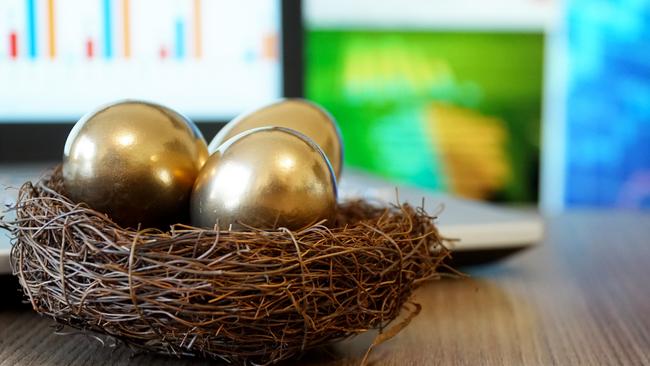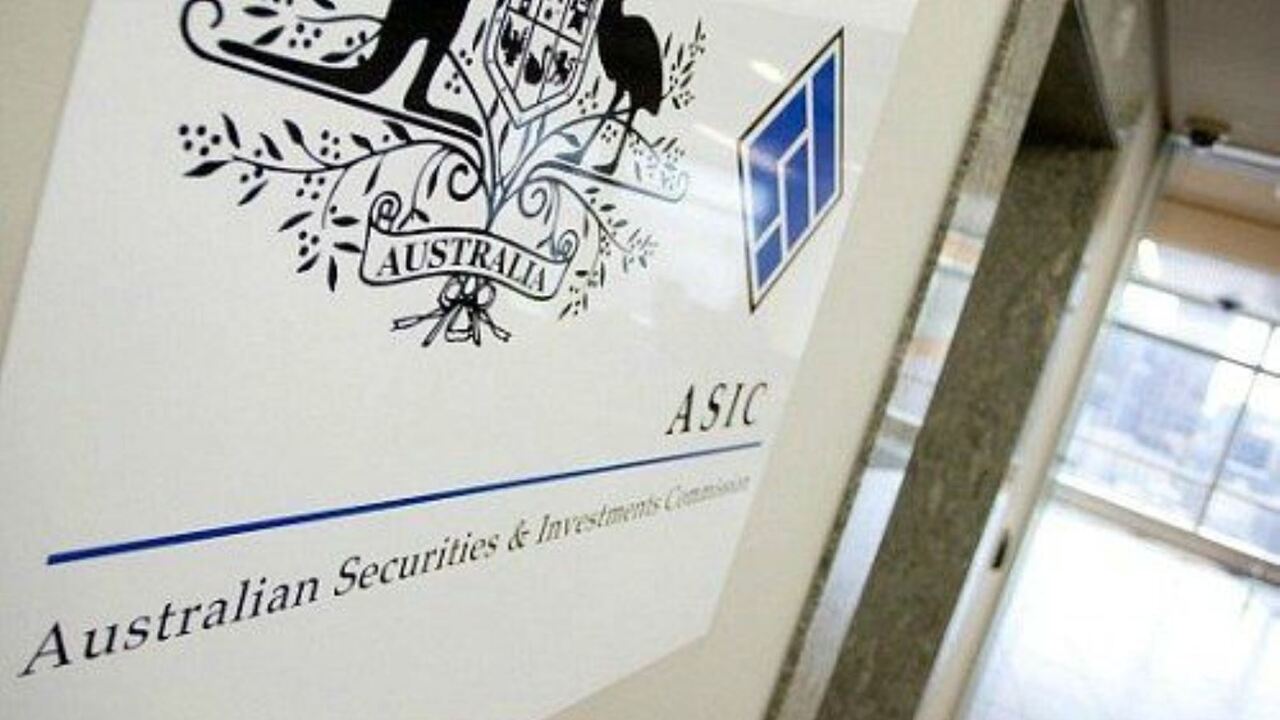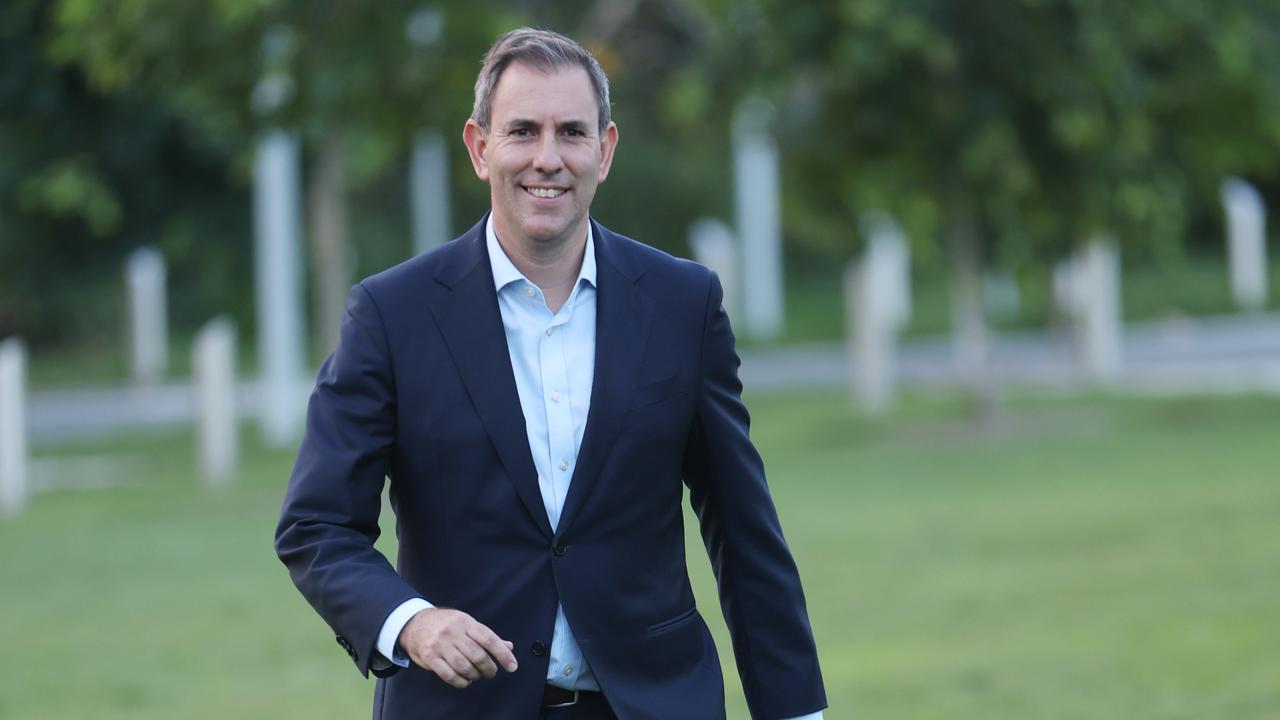Superannuation should be a wealth leveller, but it’s not equal
Superannuation is great for growing wealth, but there remains a huge gap between the rich and the rest. What’s the alternative?

We are a rich nation. Aussies have a handy $3.9 trillion in combined superannuation (that’s $3,900,000,000,000 for those who like zeros) and it’s projected to pass $9 trillion in the next 15 years.
The average super fund balance, according to Australian Taxation Office data, is more than $180,000 for males and more than $145,000 for females, but those averages mask high levels of inequality.
Many super fund members have 10 times more than the average balance, while many more have much, much less – sometimes zero.
Even the industry thinks the current system is unfair. At last week’s ASFA conference, a snap poll of super experts during one session showed that almost three quarters of them believed equity in super was “a massive problem”.
Rest Super’s CEO, Vicki Doyle, told the conference that while the super system had “generally worked tremendously well over the last 30 years … the system isn’t working as well as it could for many others”.
This was largely because it was designed for full-time workers spending decades in the workforce with stable employment patterns, she said. However, today’s workforce was vastly different with more part time, casual and gig workers, and more people taking career breaks – particularly women caring for young children.
Thirty per cent of workers are part-time or casual, and there are worries that many fall through the cracks when it comes to superannuation.
Millions withdrew their super back in 2020 when the Coalition government’s Covid early access scheme allowed them to grab $20,000 each. For some people their entire balance was blown on living costs and consumer goods, and nobody told them how it would dent their eventual retirement balance by a much bigger number.

A lack of education produces unfairness, and experts told the ASFA conference more superannuation knowledge should be taught in schools – but by independent experts rather than teachers, who were not qualified, and banks, who wanted bigger profits.
At the other end of the wealth scale, cries of “unfair” are loud from self-managed super fund members, farmers, grandparents and others angry about Labor’s plans to slap higher taxes on people with super balances above $3 million.
Many of these people are correct to label the proposed rules unfair, because they built big nest eggs over many decades only to watch Labor try to move the goalposts and penalise them for being successful.
A farmer should never have to sell his property to pay a new tax on unrealised capital gains, but that is looking likely for some.
Many people with little or no super will call the looming tax victims wealthy whingers, while people with decent super assets may say those with tiny nest eggs should have started earlier, planned better or worked harder.
The reality in the rich-versus-poor super battle is somewhere in the middle. Some retirees stopped working decades ago and never got super, some self-employed people put everything into their business rather than their super, and many withdrew their entire savings in 2020 and are starting over.
Meanwhile, Indigenous Australians have life expectancies just four years older than Australia’s retirement age of 67, the ASFA conference heard.
I used to complain about ever-changing superannuation rules, but today I believe many of these tweaks are the best way to try to make super fairer. In recent times, think higher employer contributions, catch-up contributions that add flexibility, and super being widened to all workers regardless of income.
Super will never be completely fair, but the alternative – a nation of zero-balance nest eggs – is much worse.






To join the conversation, please log in. Don't have an account? Register
Join the conversation, you are commenting as Logout